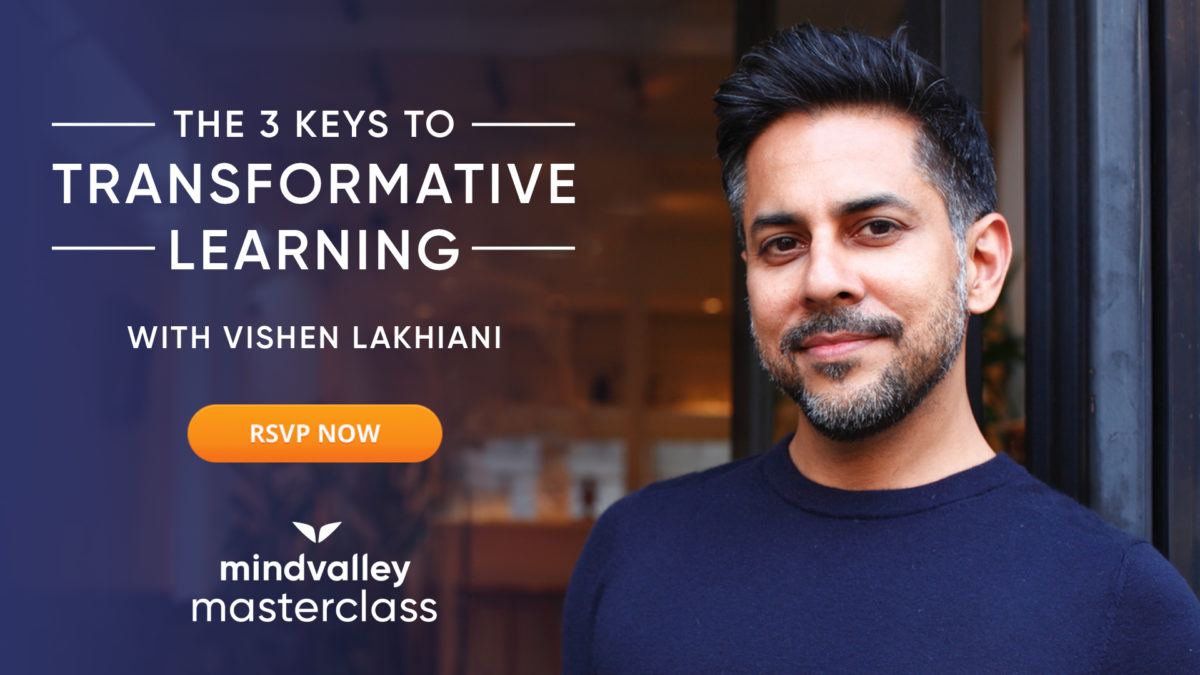“Your task is not to seek for love, but merely to seek and find all the barriers within yourself that you have built against it.” ― Rumi
Once upon a time, a towering ogre stood against the sun, blocking its light. It threatened all and its voice was thunder. Humanity cowered in fear, and sustained and empowered by the despair of the masses, the giant swelled larger.
But one woman refused to bow before this bloated force which threatened to bury her. She didn’t flee but instead walked toward the evil apparition.
As she did so, something miraculous happened.
Little by little – confounding the laws of perspective and physics – the ‘giant’ grew smaller as she approached it. Great goblets of golden sunlight began to illuminate her as the shadow of the beast lessened.
At last the woman found that the monster had become so small that she could pick it up in her soft gentle hands. She spoke to it and in a voice that was firm like ironwood.
“What are you called, oh former, monstrous giant?”
And even as it was vanishing into nothingness she heard its tiny voice reply: “Know, good woman, my name is… FEAR.”
Temptation of the Buddha
Cold spiders of panic scuttle down your back. Worries ache within like a mental toothache.
There’s nothing nice about fear, and those who suffer it are not to blame for ‘giving into it’.
As a hypnotherapist, I’ve treated dread, phobias, trauma; fear in all its life-stealing, love-sapping guises. No one wants it and most people don’t feel they can control it.
For the Buddha (and all other mystics), fear was seen as a temptation, a force to be resisted, tamed and defeated – not just a life diminishing, inner problem but an obstacle to enlightenment.
From the Hermetic tradition right though to Sufi, Gnostic, Vedic, Kabbalistic , Taoist and Zen systems, fear has been seen as a great tempter and something to be overcome or resisted (along with those other favourites: lust, greed, anger and pride).
Viewing fear as a temptation may seem like quite an odd idea, as giving way to terror, or perpetual, energy-leaking worry, hardly seems to equate to giving into the lure of a slice of cake winking creamily at you from the bakery counter. But if we interpret ‘temptation’ as a ‘veil to truth’, then fear would fit that category.
So why is overcoming fear so important to psychological and spiritual development?
Lifting the Veil
Fear blocks not just spiritual perception, as the ancient texts have it, but also, as modern neuroscientists demonstrate, everyday clear thought.
The phrase ’emotional hijacking’ refers to the way fear swamps the ‘thinking brain’, making it harder to use our everyday (let alone higher) perceptive capacities. When people are terrified, they may struggle to tie their shoelaces or recall their phone number, let alone perceive and practice timeless wisdom.
Thus fear can be seen as a disconnecting agent that severs us from the possibility of merging with the infinite, the Divinity within us.
Who Ploughs Your Field?
Fear is a veil to spiritual perception and basic psychological balance because it literally distorts perception and is a misuse of creative energy meant for other things. But also because fear is one of the main agents of psychological indoctrination, as he, she, who, or it that makes you fearful, controls your mind.
Just as seeds are more easily planted when sown in a ploughed field, when the brain is churned up, beliefs can be easily implanted; some of which may be massively destructive. This we call ‘brainwashing’. The inculcation of belief is what cults do. Children who are constantly fearful may have had destructive beliefs about themselves implanted during fearful times.
The Ancient Knowledge of Knowing vs Believing
Spirituality itself can’t just be a question of belief, because anyone can be induced to believe anything. Spiritual perception would be based on experience not dogma.
The knowledge of the importance of knowing the difference between belief and direct, personal experience is ancient and predates modern psychology.
The Sufi mystic Al-Ghazali understood how fear could be used to indoctrinate us almost a thousand years before psychological ‘brainwashing’ was recognised by psychologists in the West. He stressed the need to overcome fear and other distortions of ‘The Commanding Self’ (or ego), to attain real truth as opposed to merely indoctrinated dogma, in preparation for higher perception.
Fear is plainly not a ‘temptation’ in the usual sense of the word, but it is one of the veils to truth. In order to gain mastery of ourselves, not be manipulated by others, and to see reality with clean, clear eyes, then fear needs to be mastered.
Most people think that learning is the key to self-development.
It’s how we were raised – when we were young, we studied algebra, read history, and memorized the names of elements on the periodic table.But once you grow up and experience life, you realize that you can’t ‘learn’ certain things – like personal growth.
Vishen Lakhiani, founder of Mindvalley and New York Times Bestselling author, discovered that the key to self-development was not to ‘learn’, but rather, to ‘transform’.
If You Want To ‘Transform’ And Are Ready To Accelerate Your Own Personal Growth, Then Join Vishen Lakhiani's FREE Masterclass, Where You’ll Learn:
✅ The Framework For Flow: The 3 Big Pillars of Life which will help you to rapidly grow on autopilot, so personal development happens naturally.
✅ How you can harness the energy surrounding you to automatically attract the tools you need to unlock your true potential, allowing you to easily make transformative shifts in your life.
✅ Apply the #1 principle to eliminate obstacles in your life, and subsequently show up as your best self and make a positive impact on the world.
Discover The Proven Framework for Extraordinary Transformation and a Brand New You in 2020







